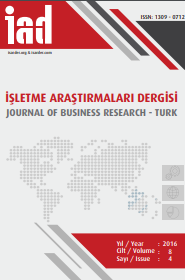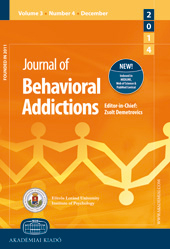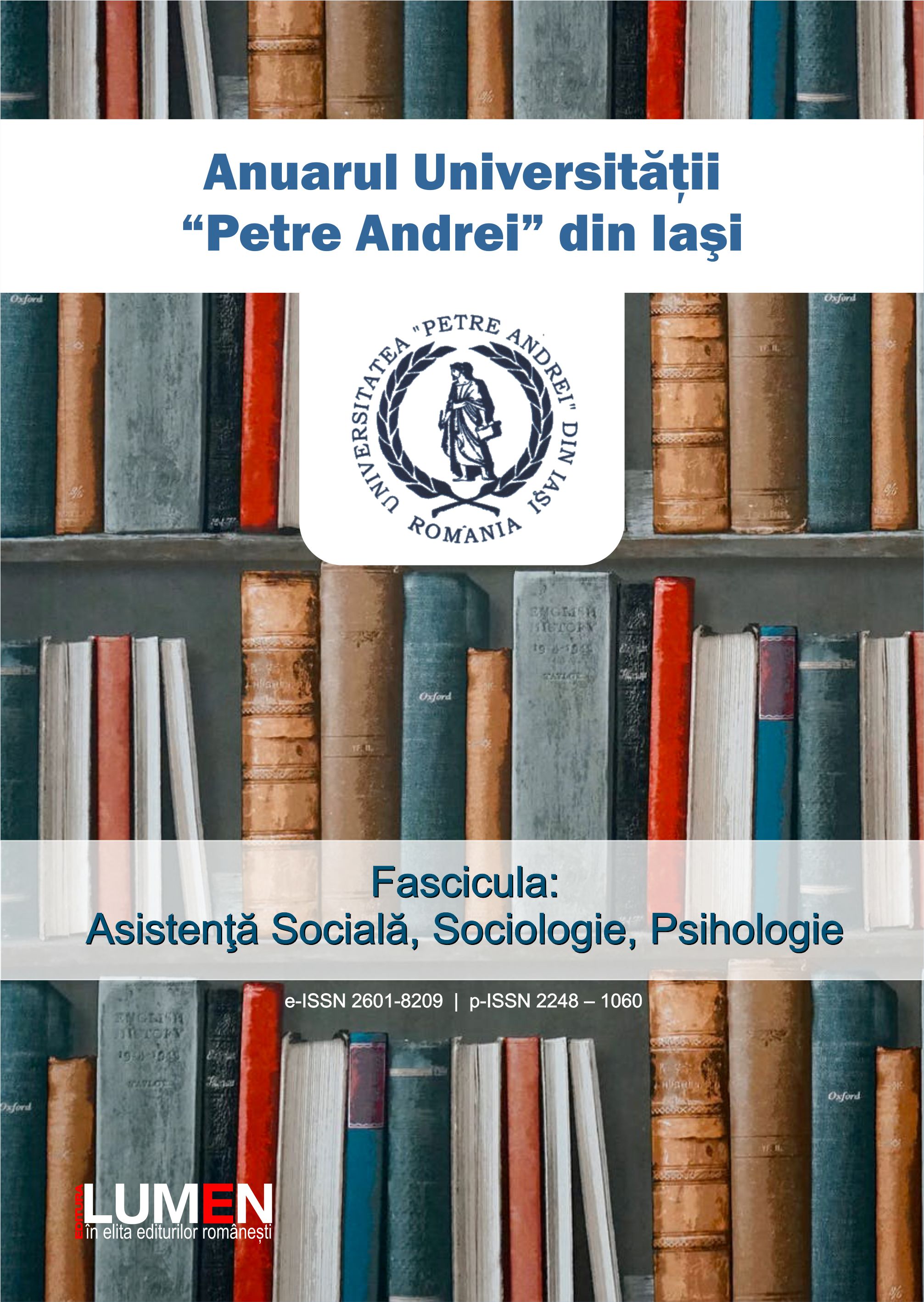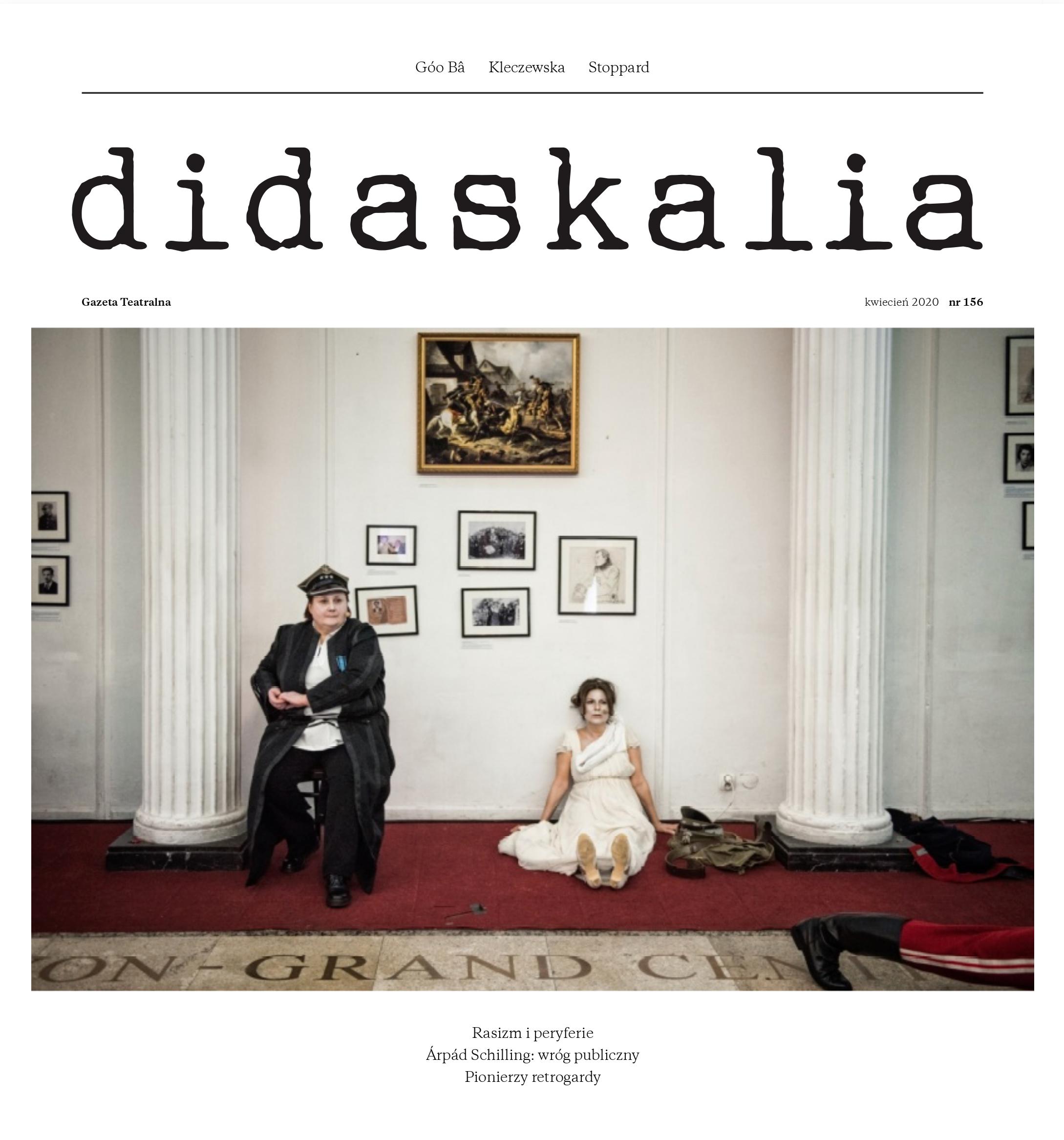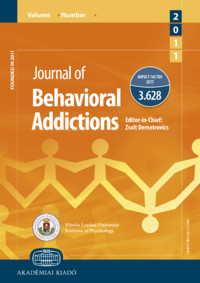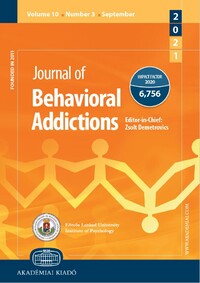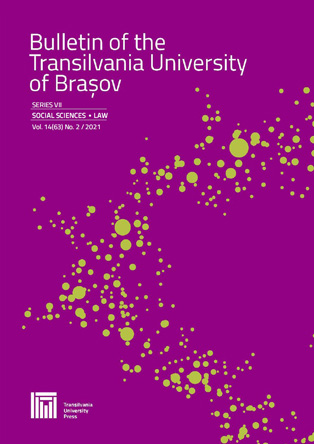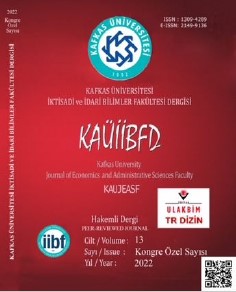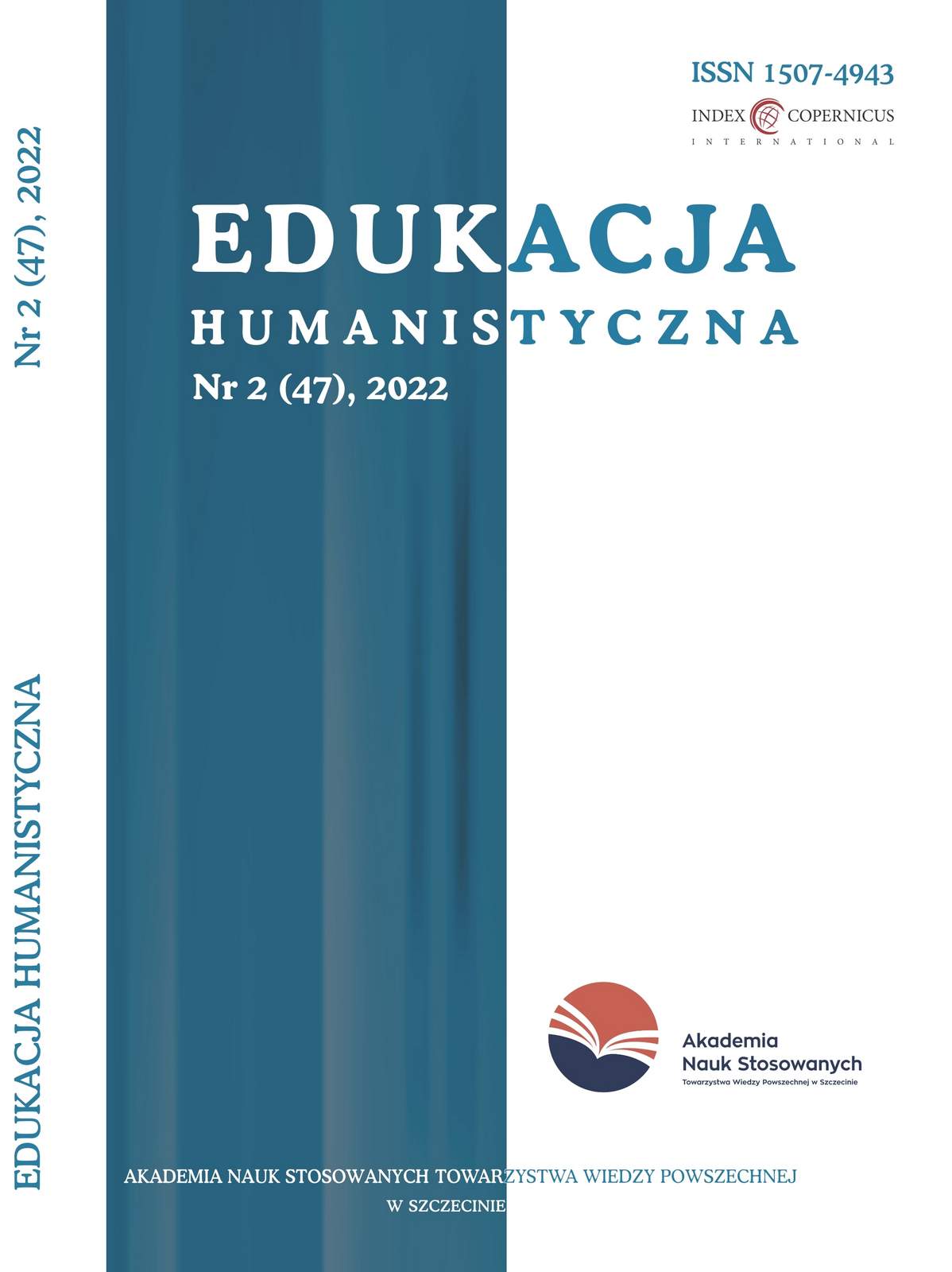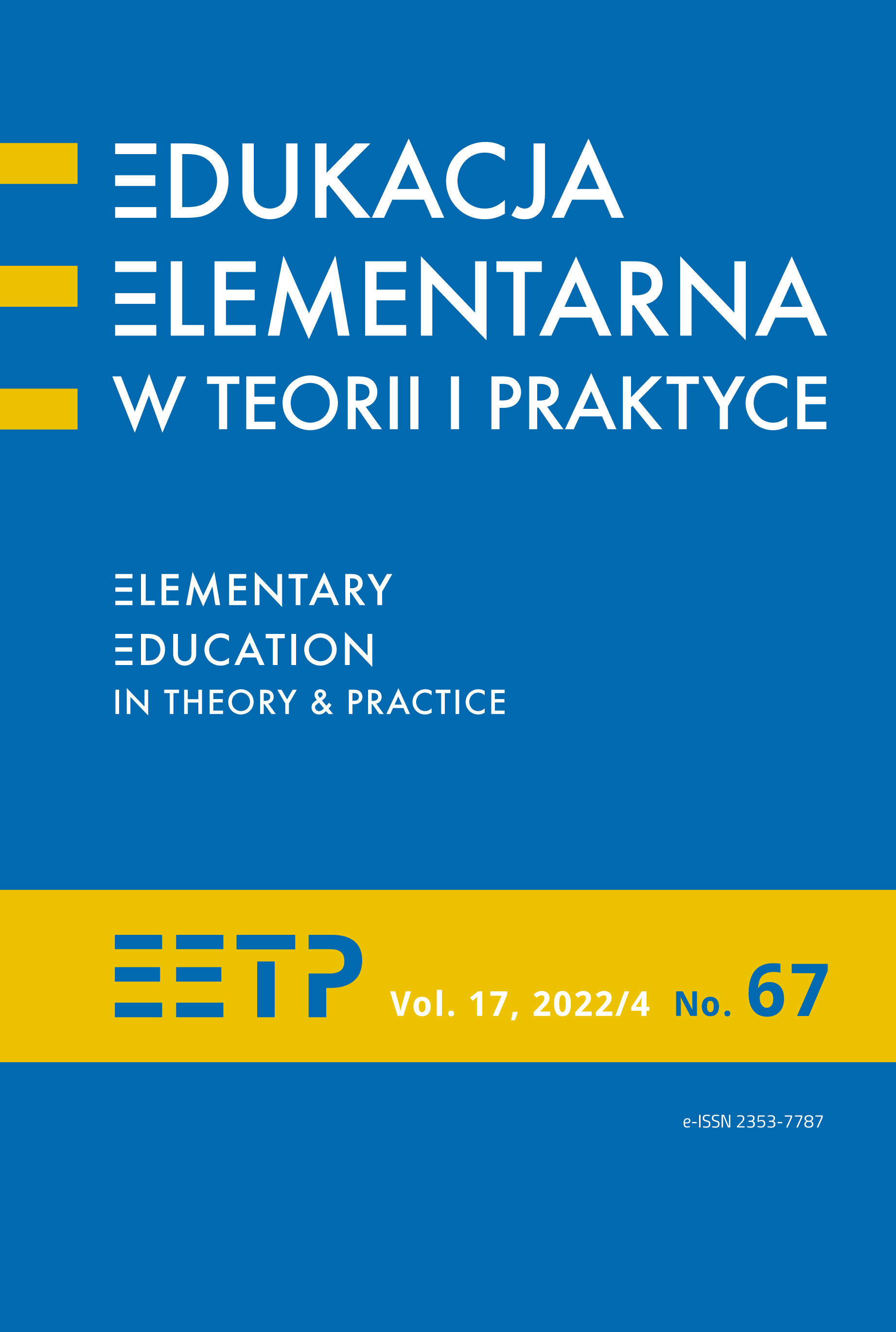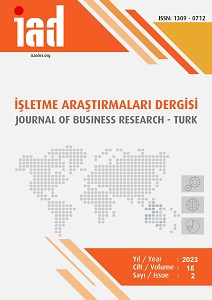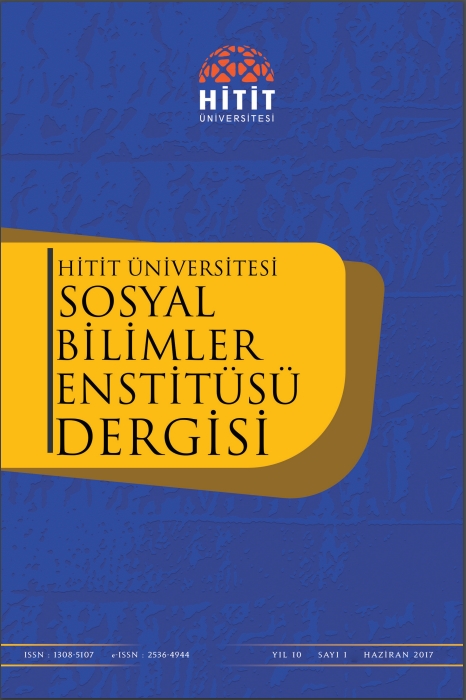
Shyness as Mediating Role Between Mindfulness and Psychological Vulnerability
Bilinçli Farkındalık ile Psikolojik Kırılganlık İlişkisinde Utangaçlığın Aracı Rolü
Keywords: Mindfulness;Shyness;Psychological vulnerability;Structural equation modelling,Bootstrapping
The current study was designed to investigated the mediating role of shyness on the associated between mindfulness and psychological vulnerability in Turkish university students. The participants were 299 [176(59%) females, 123(41%) males] volunteer university students who completed a questionnaire package that included Turkish versions of Mindful Attention Awareness Scale, the Psychological Vulnerability Scale, the Revised Cheek and Buss Shyness Scale. The theoretical model was tested using a two-step structural equation modeling and bootstrapping procedure. The results indicated that mindfulness was negatively associated with shyness psychological vulnerability and that shyness positively associated with psychological vulnerability. After the confirmed measurement model, the structural equation modeling revealed that shyness partially mediated the role of mindfulness on psychological vulnerability. Moreover, bootstrapping procedure confirmed that mindfulness was indirectly associated with psychological vulnerability through shyness. The findings highlight that the importance of mindfulness in decreasing perceptions of shyness and decreasing psychological vulnerability.
More...
